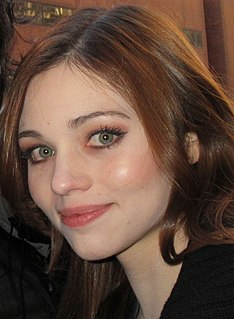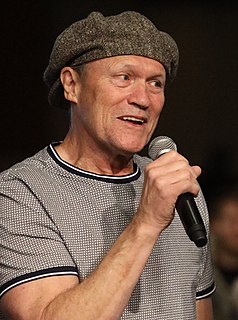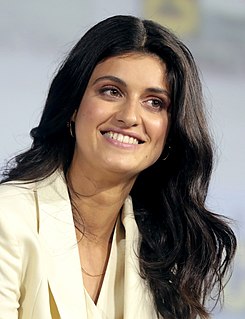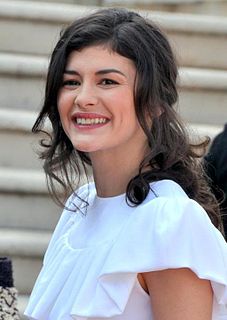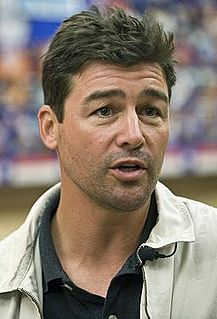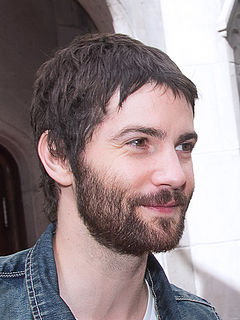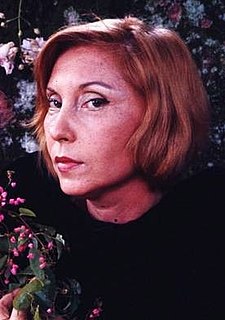A Quote by Toby Jones
Often jobs are un-turndownable even before you read the script. You go, 'Well, I have to do that.'
Related Quotes
I had to audition for Fandango. When I read the script, the role that was interesting - so everyone thought - was the role that Costner played. He was the cool guy. And I read the script, and my representation at the time said, "That's the role you should read for." And I was like, "Really? How about I read for this other role." And they went, "Well, you're not going to get that role."
Putting my hand in someone else’s has always been my definition of happiness. Before I fall asleep, often - in that small struggle not to lose consciousness and go into the greater world - often, before I get up the courage to go into the vastness of sleep, I pretend that someone has my hand in theirs, and then I go, go to that enormous absence of form that is sleep. And when even after that I don’t have courage, I dream.

